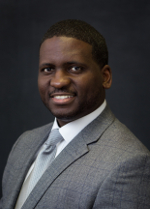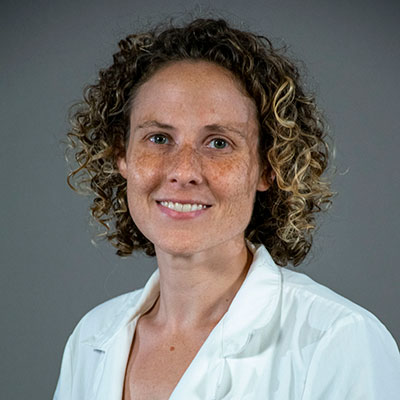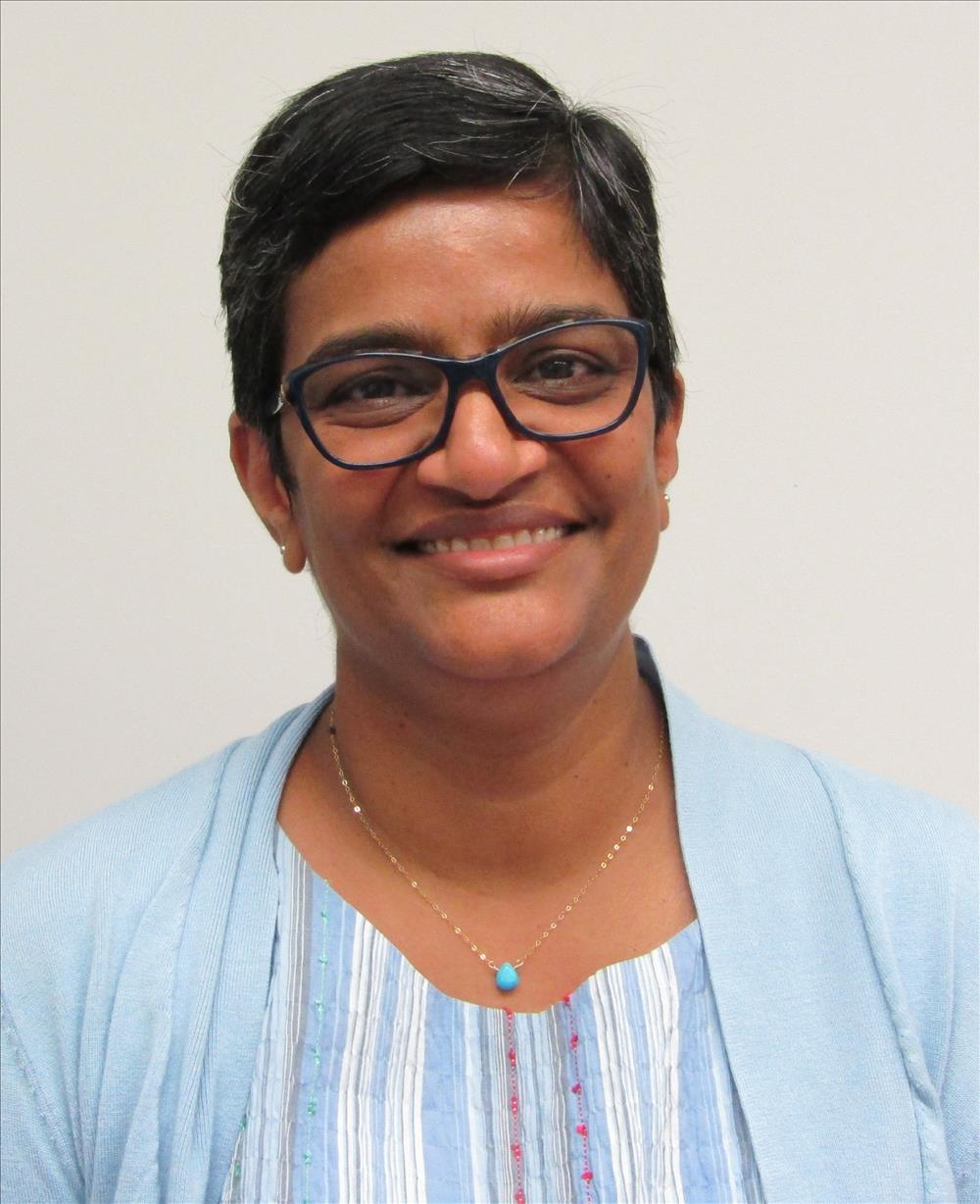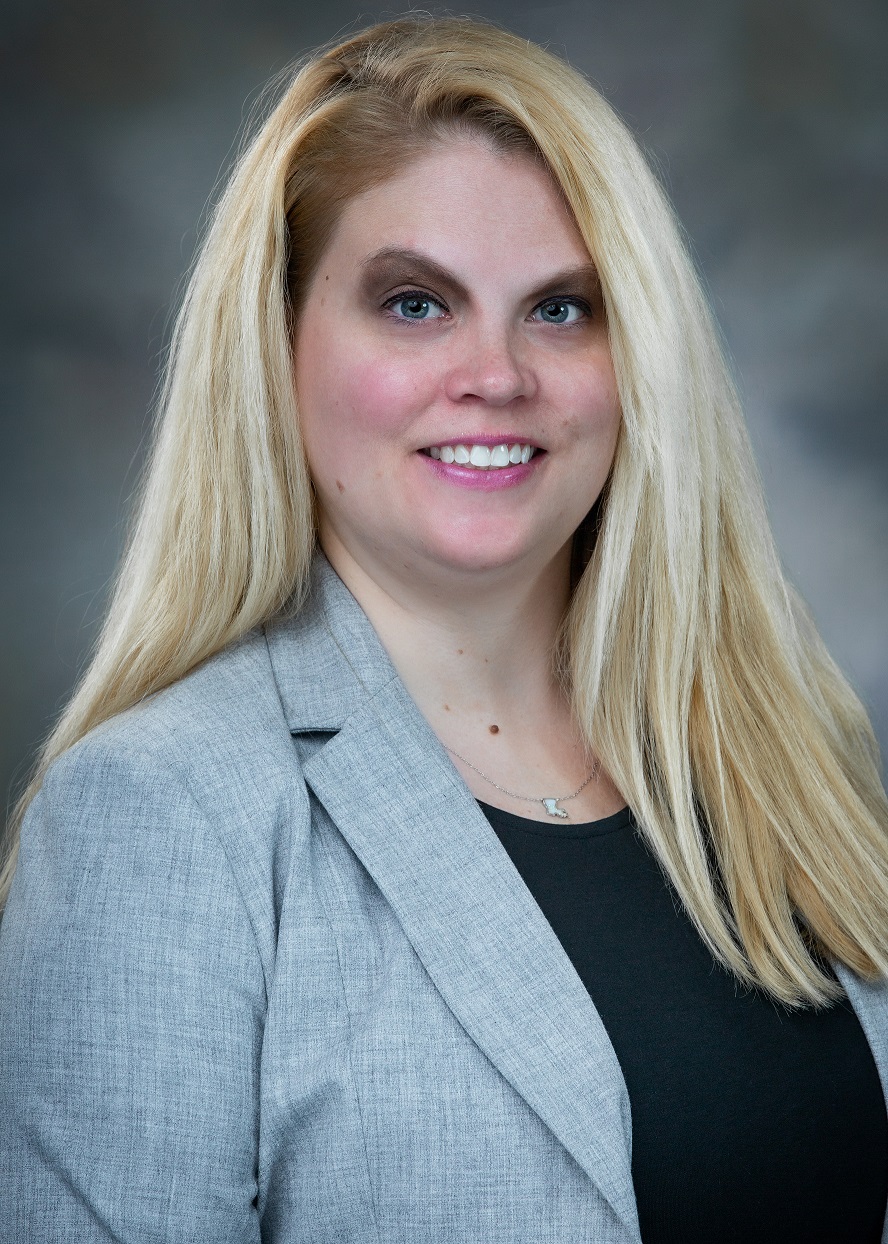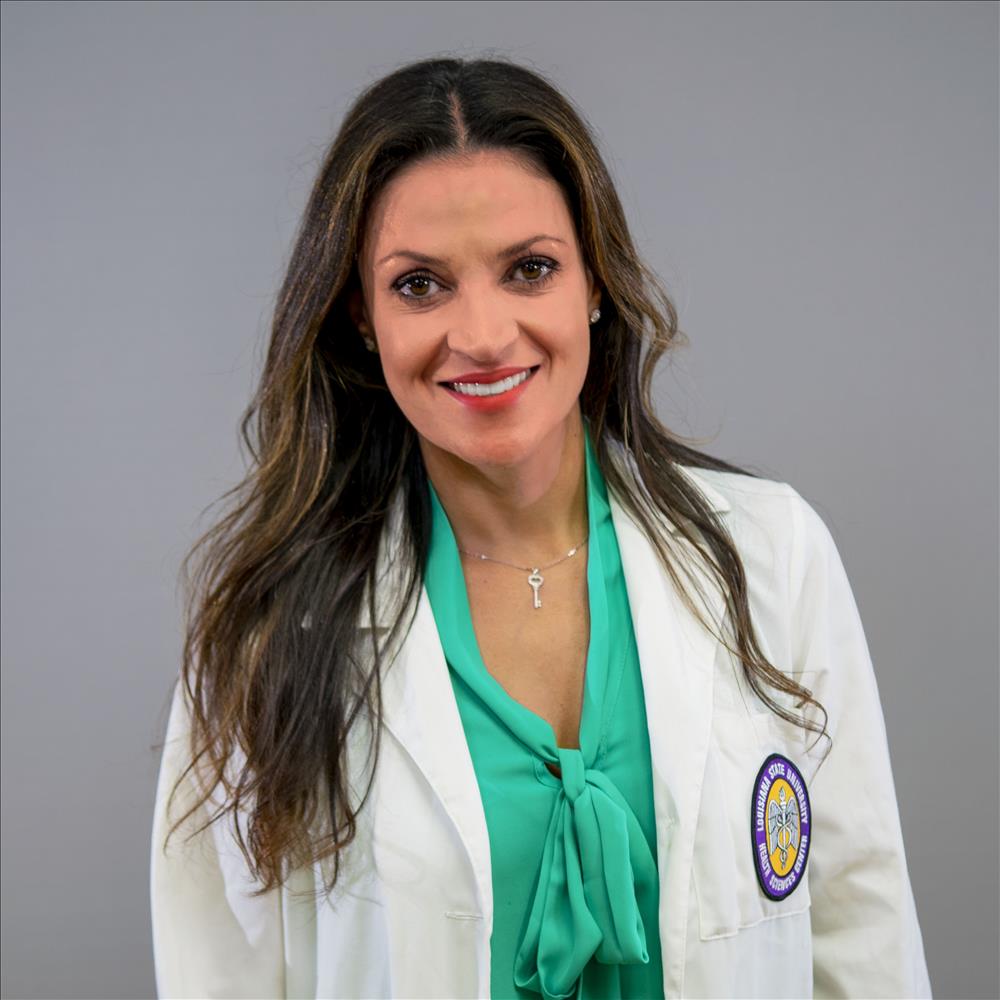Mentored Junior Faculty
|
|
Project Title: MicroRNAs AS BIOMARKERS OF MITOCHONDRIAL FUNCTION AND FUNCTIONAL RECOVERY IN CRITICAL ILLNESS: A TRANSLATIONAL APPROACH Dr. Luther Gill is an Assistant Professor in the Louisiana State University Health Science Center. Dr. Gill received his Doctor of Physical Therapy degree from Hampton University in Virginia in 2006. He completed his Ph.D. in the Rehabilitation Science and Physiology at the University of Florida in 2012. He continued his research training as a NIH-T32 post-doctoral research fellow in the Department of Physiology and Biomedical Engineering at the Mayo Clinic in Rochester, Minnesota. Dr. Gill's graduate and post-doctoral research focused on exploring breathing behavior, diaphragm plasticity, neural control of the diaphragm, and phrenic motoneuron plasticity in several pre-clinical animal models, including unilateral phrenic nerve denervation, cervical spinal cord injury, sepsis and cancer cachexia. He has presented his work at several national conferences and has authored several peer-reviewed manuscripts in these areas. Dr. Gill joined the faculty as an Assistant Professor at the LSU Health Science Center in July 2017. Dr. Gill's primary research interests include muscle physiology, neurophysiology, neuromuscular plasticity and adult neurorehabilitation. His work has included exploring mechanisms of neuromuscular pathology and improving post-acute functional mobility in critically ill patients. As a Roadmap Scholar, Dr. Gill will work on identifying reliable biomarkers associated with skeletal muscle mitochondrial dysfunction to improve future rehabilitation strategies. Dr. Gill plans to examine the impact of exercise on mitomiR expression in sepsis-induced myopathy to highlight an alternative rehabilitative approach, while utilizing the use of mitomiRs as biomarkers of recovery. |
|||
|
|
Dr. Simkin received her PhD in Cell and Molecular Biology at Tulane University and did her Postdoctoral training at the University of Kentucky in the Department of Biology and Spinal Cord and Brain Injury Research Center. At the University of Kentucky, she received two postdoctoral fellowships for her work in regeneration biology. She joined the faculty at LSUHSC NO in the Department of Orthopaedic Surgery in October 2017. Dr. Simkin studies the mechanisms that regulate the regeneration of bone, cartilage, muscle and skin after traumatic injury. Her work uses animal models to find unique mechanisms that drive regeneration over scar formation. Her work specifically targets neuropeptide and inflammatory signaling pathways to promote functional healing after injury. She is also interested in developing new therapies to reduce scar formation and to slow degradative diseases like osteoarthritis and osteoporosis. Toward this goal, Dr. Simkin works in collaboration with surgeons in the Department of Orthopedic Surgery, to develop new therapies for treating osteoarthritis, to identify causes of disparities in this disease, and to target the underlying pathways that lead to cartilage and bone loss. Her ultimate goal is to translate what we have learned from animal models of regeneration into clinically viable therapies. |
|||
|
|
Dr. Simon received her PhD in Endocrine Physiology and did her Postdoctoral training at the College of Veterinary Medicine, University of Illinois at Urbana Champaign in Stem Cell/Endocrine Physiology. She was an Assistant Professor in the Department of Biomedical Sciences at the College of Veterinary Medicine, Tuskegee University from 2010-2013. She joined the Department of Physiology at LSUHSC NO in July 2013. Her primary research focus is on mechanisms that regulate proliferation and differentiation of stem cells. Using animal models, she is studying epigenomic interactions that impair stem cell function contributing to dysregulated repair, regeneration and function. She is specifically interested in the dysregulation of skeletal muscle stem cell signaling that alters the fate of these cells in insults including alcohol use, HIV and disuse muscle atrophy. The laboratory utilizes in vivo approaches, including models of alcohol administration and disuse atrophy; cell culture systems; and a wide array of molecular biology techniques to study genetic epigenetic changes that contribute to dysfunction. The ultimate goal is to develop epigenomic-targeted therapuetic and lifestyle interventions that improve muscle function and quality of life in aging or chronic diseases. The lab has also developed close collaborations within the department and at LSUHSC to investigate epigenomic mechanisms in metabolic dysregulation, and HIV disease. |
|||
|
|
Project Title: THE ROLE OF PARACRINE FACTORS FROM MESENCHYMAL STEM CELLS IN WOUND HEALING OF INJURED AND BURNED TISSUE Dr. Alison Smith is an Assistant Clinical Professor of Surgery at Louisiana State University Health Science Center. Dr. Smith graduated summa cum laude with dual Bachelor's degrees in Chemistry and Biological Sciences in 2007 from Virginia Polytechnic Institute and State University in Blacksburg, VA. She completed the Physician Scientist Program at Tulane University receiving both medical and doctorate degrees in 2014. Her doctoral thesis on the use of stem cells to treat chronic wounds was under the mentorship of Dr. Charles Bellows in the Department of Surgery at Tulane University. Dr. Smith completed General Surgery Residency at Tulane University in 2019 and Surgical Critical Care Fellowship at University of Texas Health Sciences Center at San Antonio in 2020. Dr. Smith joined the Faculty at LSUHSC in September 2020. She practices as a Trauma/Acute Care/Critical Care Surgeon at University Medical Center and the Veterans Affairs Hospital in New Orleans. Dr. Smith holds board certification in General Surgery from the American Board of Surgery. Dr. Smith's lab focuses on the interactions of paracrine factors secreted from mesenchymal stem cells on wound healing in injured and burned tissues. She is developing several animal models to study these interactions and obtain clinical specimens from trauma and burn patients. The goal is to develop novel therapeutic approaches to heal damaged and infected tissues in surgical patients. Dr. Smith also has clinical research interests in hemorrhagic shock and resuscitation. |
|||
|
|
Project title: MESENTRIC LYMPHATIC/PERILMPHATIC ADIPOSE TISSUE CROSSTALK: MECHANISM OF ALCOHOL IMMUNOMODULATION Dr. Flavia Souza-Smith's project focus on understanding the mechanisms of alcohol-mediated disruption of mesenteric lymphatic transport, lymphatic leakage, and the consequent alterations in perilymphatic adipose tissue (PLAT) functional phenotype. Specifically, the focus is on how alcohol disrupts lymphatic integrity leading to lymphatic leakage of immune cells into PLAT and the role of the PLAT immune cells on immunometabolism. Using alcohol administration models, molecular biology techniques, cell culture, and high-end surgical techniques, her major goal is to provide new insights into the pathological mechanisms of alcohol-induced insulin resistance and to bring a novel approach that will link lymphatic function and PLAT with alcohol immunomodulation. |
|||
|
|
Project Title: ADOLESCENT ALCOHOL EXPOSURE EXACERBATES rmTBI ASSOCIATED BBB DISRUPTION AND DEMENTIA RISK Dr. Vita's research focuses on the combined effects of repeated mild traumatic brain injury (rmTBI) and intermittent alcohol exposure during adolescence on brain pathology and behavior throughout the life cycle. Adolescence is a period of increased vulnerability to the damaging effects of both TBI and alcohol, it is also a period during which a person is at high risk for incurring TBIs and participating in binge alcohol consumption. |

